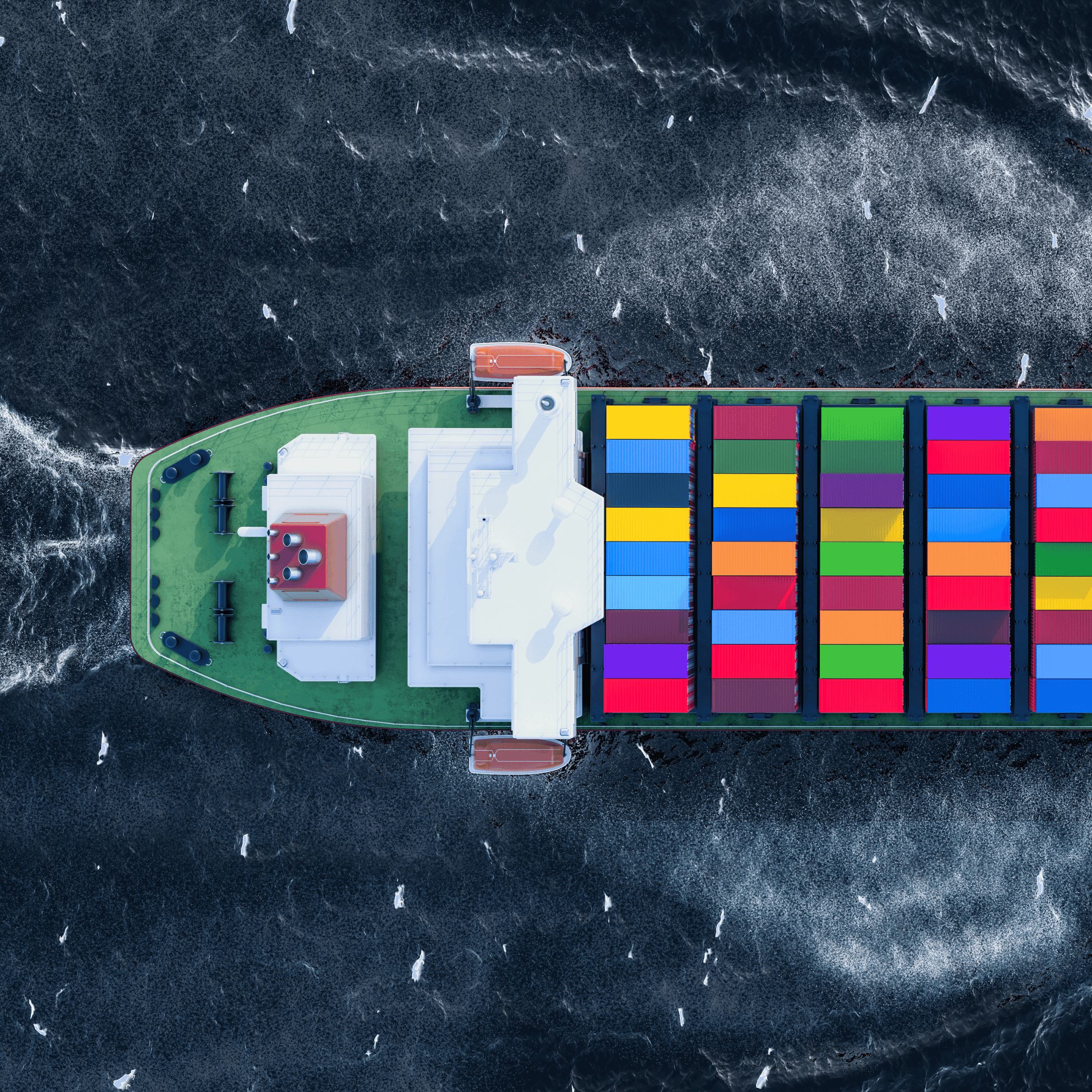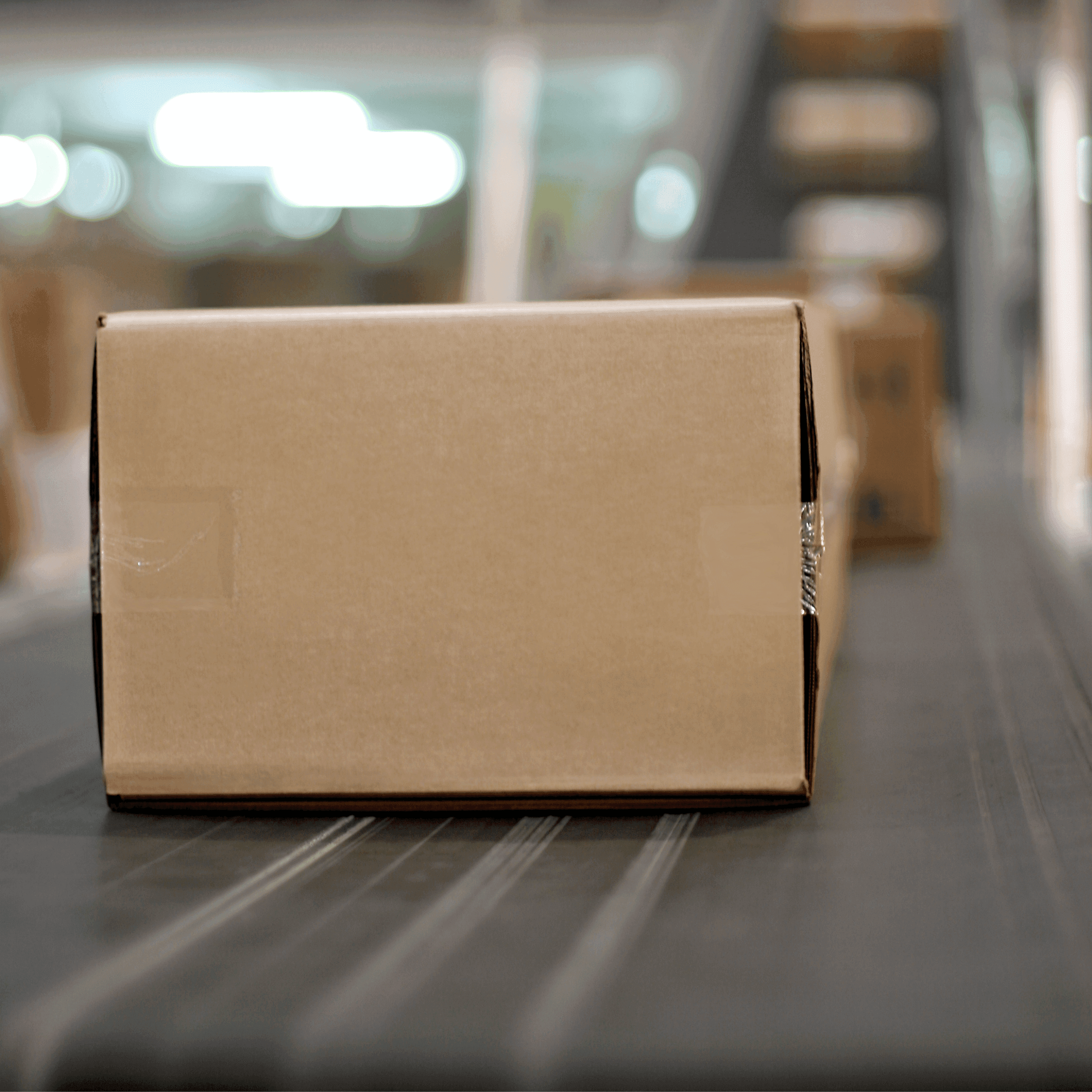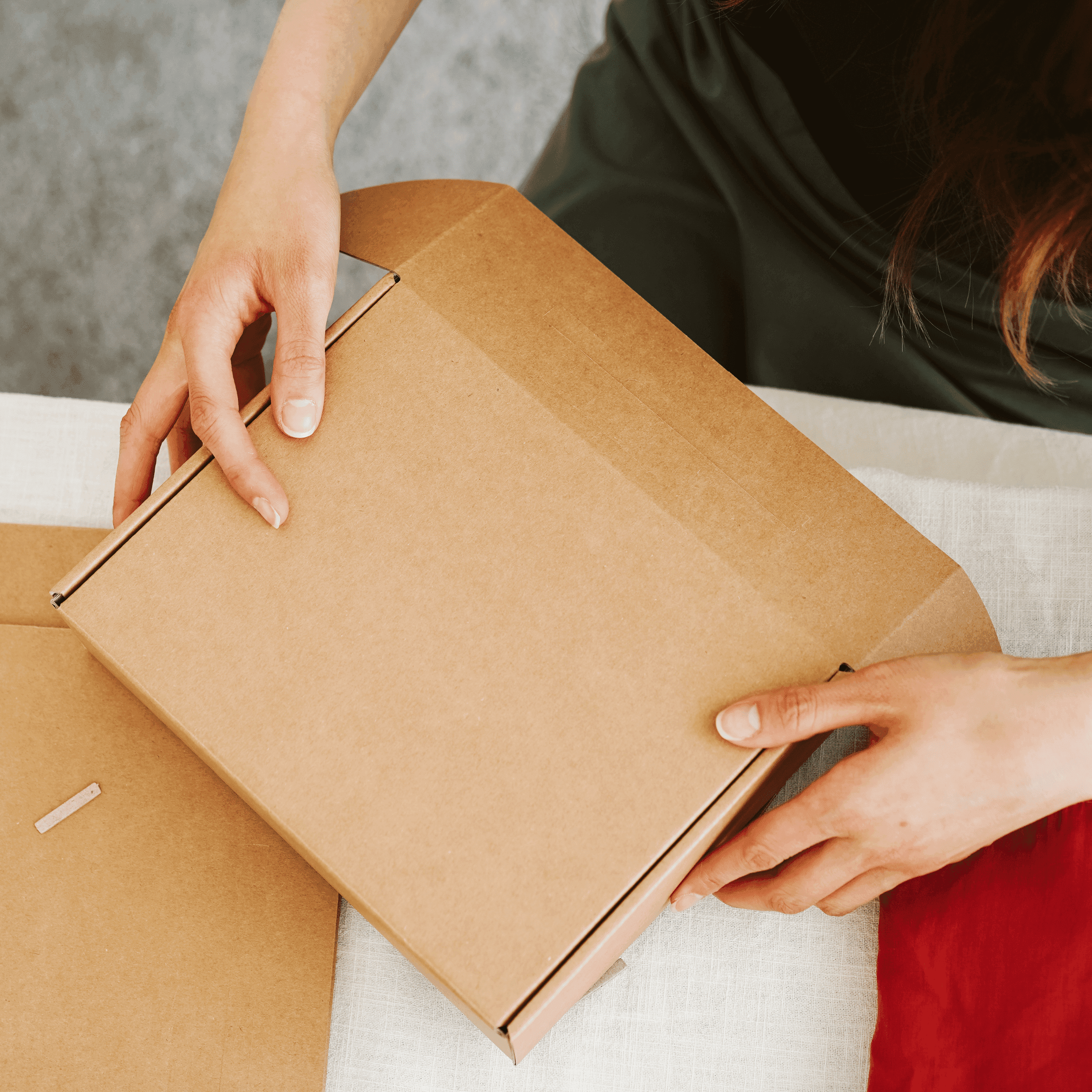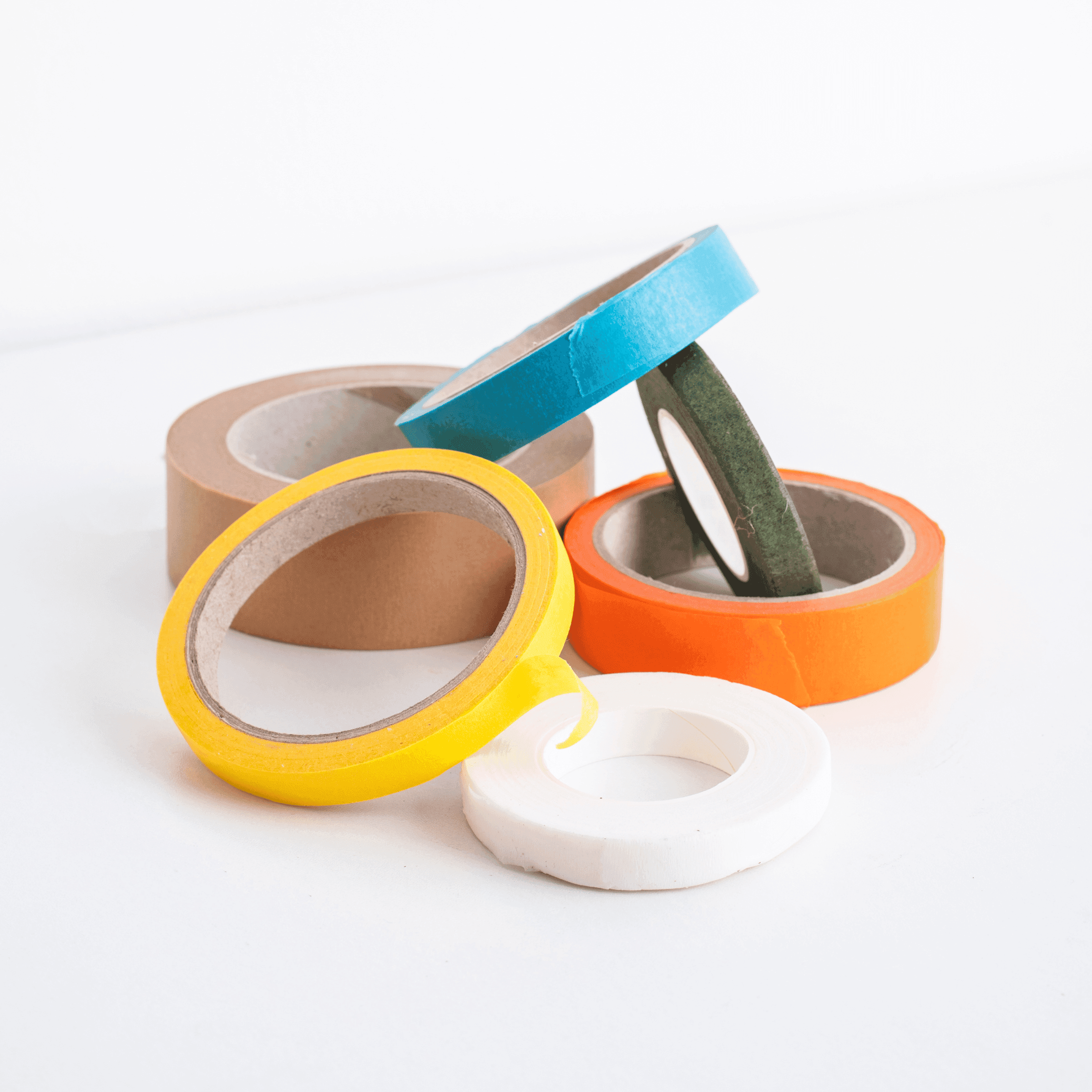Packaging is more than just a box — it’s a critical component of your brand experience, supply chain efficiency, and compliance strategy. As customer expectations rise and order volumes fluctuate, growing brands need flexible, scalable solutions to manage complex packaging needs. Enter co-packing — also known as contract packaging — a strategic service that enables ecommerce brands to outsource their packaging operations to specialists.
When combined with a third-party logistics (3PL) partner, co-packing becomes a powerful tool to reduce operational friction, improve packaging quality, and accelerate time-to-market.
In this guide, we’ll cover what co-packing is, how it works, and why it’s especially beneficial when integrated with a full-service 3PL.

What Is Co-Packing?
Co-packing, or contract packaging, refers to the outsourcing of product packaging tasks to a third-party provider. These tasks can range from simple processes like labeling and sealing, to more complex operations such as kitting, bundling, retail display assembly, or liquid pouch filling. Co-packers manage the materials, equipment, and labor needed to prepare products for retail shelves or direct-to-consumer (DTC) delivery.
In ecommerce, co-packing is used to:
- Create subscription boxes and influencer kits
- Apply custom labels, barcodes, and warning stickers
- Bundle products into promotional or seasonal sets
- Fill, seal, and box custom pouch or sachet products
- Assemble retail-ready displays for brick-and-mortar stores
By leveraging co-packing, brands eliminate the need to manage packaging in-house — which can be costly, labor-intensive, and difficult to scale.
Benefits of Co-Packing for Ecommerce Brands
Outsourcing packaging can have significant advantages for growing ecommerce businesses, especially when demand spikes seasonally or retail partnerships introduce new packaging compliance standards.
1. Scalability and Flexibility
Co-packing allows brands to scale packaging operations up or down based on demand. Whether you're running a limited-edition drop or onboarding a new retailer with strict compliance guidelines, co-packing adapts to your volume.
2. Reduced Overhead Costs
Instead of hiring a warehouse team, purchasing packaging equipment, and managing materials procurement, co-packing allows you to pay per unit or per project — lowering fixed costs and reducing capital expenditures.
3. Faster Speed to Market
Experienced co-packers can execute large-scale packaging runs efficiently. With automated machinery and dedicated labor, your products are retail- or fulfillment-ready in days instead of weeks.
4. Improved Quality and Consistency
Co-packers follow SOPs and quality control standards to ensure packaging is accurate, consistent, and meets both branding and compliance requirements.
5. Retail Compliance Support
Retailers like Amazon, Target, Walmart, and Costco have strict packaging rules, from barcode placement to carton labeling. A co-packing partner ensures your shipments meet these standards, reducing the risk of chargebacks or rejections.

Common Types of Co-Packing Services
Co-packing solutions vary based on product type, distribution strategy, and sales channels. Here are some of the most common services ecommerce brands rely on:
Kitting and Assembly
Combining multiple SKUs into a single package — for example, creating gift sets, starter kits, or subscription boxes. Kitting adds value and increases average order value (AOV).
Shrink Wrapping
Heat-sealing a plastic film around products to protect against tampering, preserve freshness, and improve shelf appeal. Ideal for multi-pack items or retail sets.
Labeling and Relabeling
Application of compliance labels (such as FNSKU for Amazon), ingredient or nutrition labels, or branded stickers. Relabeling may also be required for returns or export markets.
Pouch and Sachet Filling
Filling liquids, powders, or granular materials into flexible packaging. This service is commonly used for supplements, skincare, food, and household products.
Retail Display Assembly
Building custom floor or countertop displays that can be shipped directly to retail stores. Displays are pre-stocked with product and ready for point-of-sale deployment.
Rework and Repackaging
Repacking damaged goods, updating outdated packaging, or modifying products for different sales regions or distribution channels.

How 3PLs Integrate Co-Packing Services
When co-packing is handled by your 3PL partner, it simplifies your supply chain and reduces turnaround times. Instead of shipping your inventory from one facility to another for packaging, your 3PL can store, pack, and ship all in one place.
Advantages of Co-Packing with a 3PL:
- Streamlined Workflow: Products can move directly from packaging to storage or order fulfillment without unnecessary transportation or delays.
- Integrated Inventory Management: Real-time visibility into your stock levels, packaging status, and fulfillment activity through a centralized dashboard.
- Lower Freight Costs: Reduces the cost of inter-facility transfers between packers and warehouses.
- Faster Response Times: Easily launch a new product bundle, respond to a retailer's compliance change, or execute a seasonal promotion without operational delays.
- One Point of Contact: Eliminate vendor coordination headaches with one logistics partner handling packaging, warehousing, and shipping.
At Snapl, we offer end-to-end co-packing and fulfillment services from our New Jersey and Massachusetts facilities. Our team specializes in ecommerce packaging, kitting, shrink wrapping, labeling, and pouch filling — all integrated with major platforms like Shopify, Amazon, and Shipedge.
Who Should Use Co-Packing Services?
Co-packing is a smart solution for ecommerce brands that:
- Are launching into retail and must meet big-box packaging requirements
- Sell on Amazon and need to comply with FBA prep guidelines
- Run promotions, product launches, or seasonal drops
- Offer subscription boxes or curated kits
- Require customization by region or language
- Need a reliable solution for rework, relabeling, or returns
Whether you’re a startup scaling quickly or an established brand expanding your SKU count, co-packing helps you stay lean and focused while delivering polished, ready-to-ship products.

How to Choose the Right Co-Packing 3PL Partner
Not all co-packers or 3PLs offer the same level of service. When evaluating a co-packing partner, ask:
- Do they specialize in ecommerce packaging?
- Are their facilities close to my manufacturing site or customers?
- Can they support my expected volume and packaging needs?
- Are they familiar with Amazon FBA, EDI, and major retail compliance?
- Do they integrate with my order and inventory management systems?
- Can they offer both short-run and long-term packaging support?
A strong co-packing 3PL partner will operate like an extension of your team — helping you bring products to market faster, with higher quality and lower operational friction.
Your Next Step Toward Scalable Packaging and Fulfillment
As ecommerce evolves, efficient packaging is becoming a strategic advantage. Co-packing gives you the flexibility to launch products faster, meet compliance standards, and scale without the burden of in-house operations.
When paired with a full-service 3PL, co-packing becomes more than a convenience — it becomes a growth enabler. At Snapl, we work with ecommerce brands across North America to deliver customized packaging and logistics solutions that move products seamlessly from dock to doorstep.
Explore Co-Packing and Fulfillment with Snapl
If you're looking to simplify your operations and scale packaging on demand, Snapl is here to help. We offer customizable co-packing services, bonded warehousing, and retail-compliant fulfillment from our strategically located facilities in the Northeast U.S.

Smart packaging starts now — with a 3PL partner you can trust.
Contact Us





